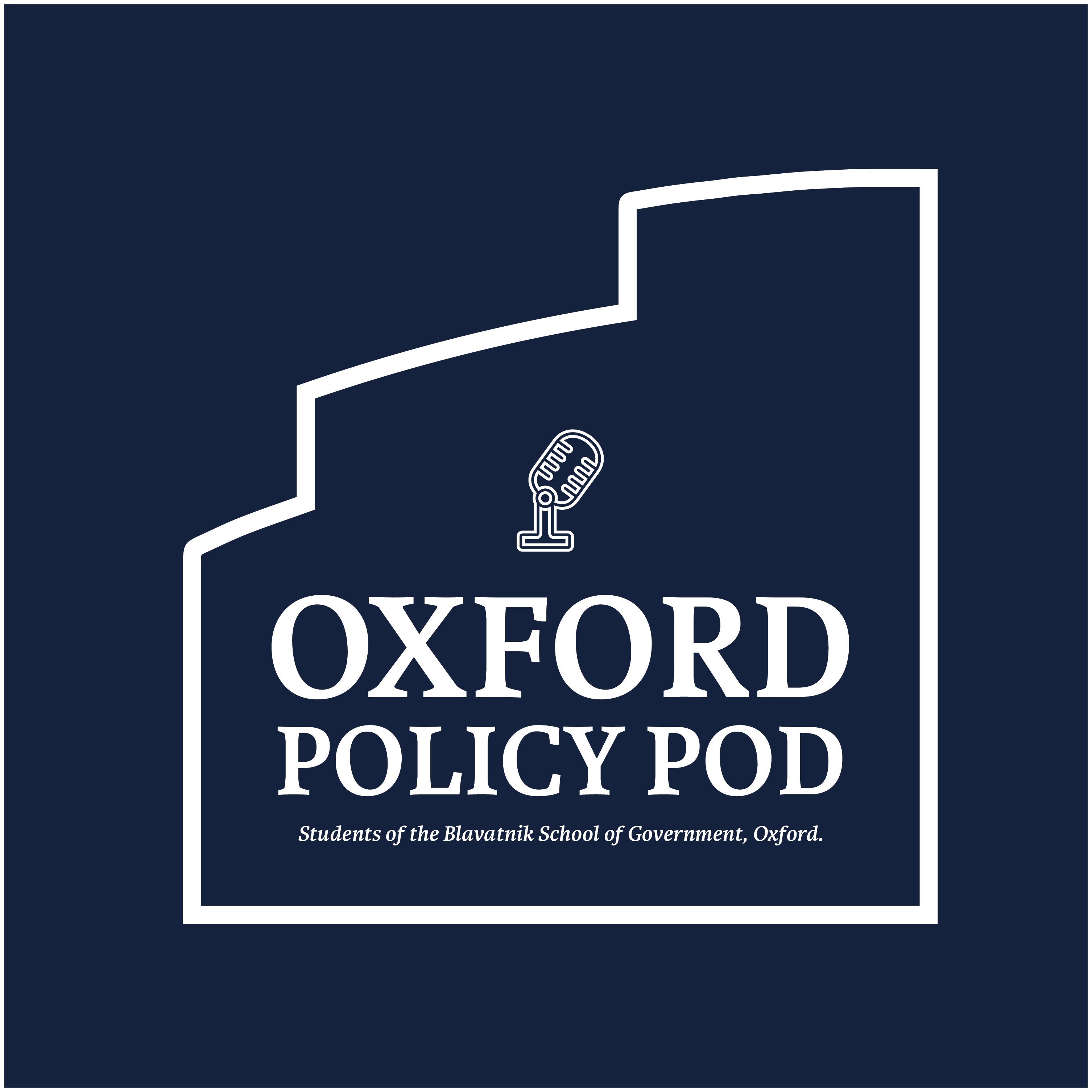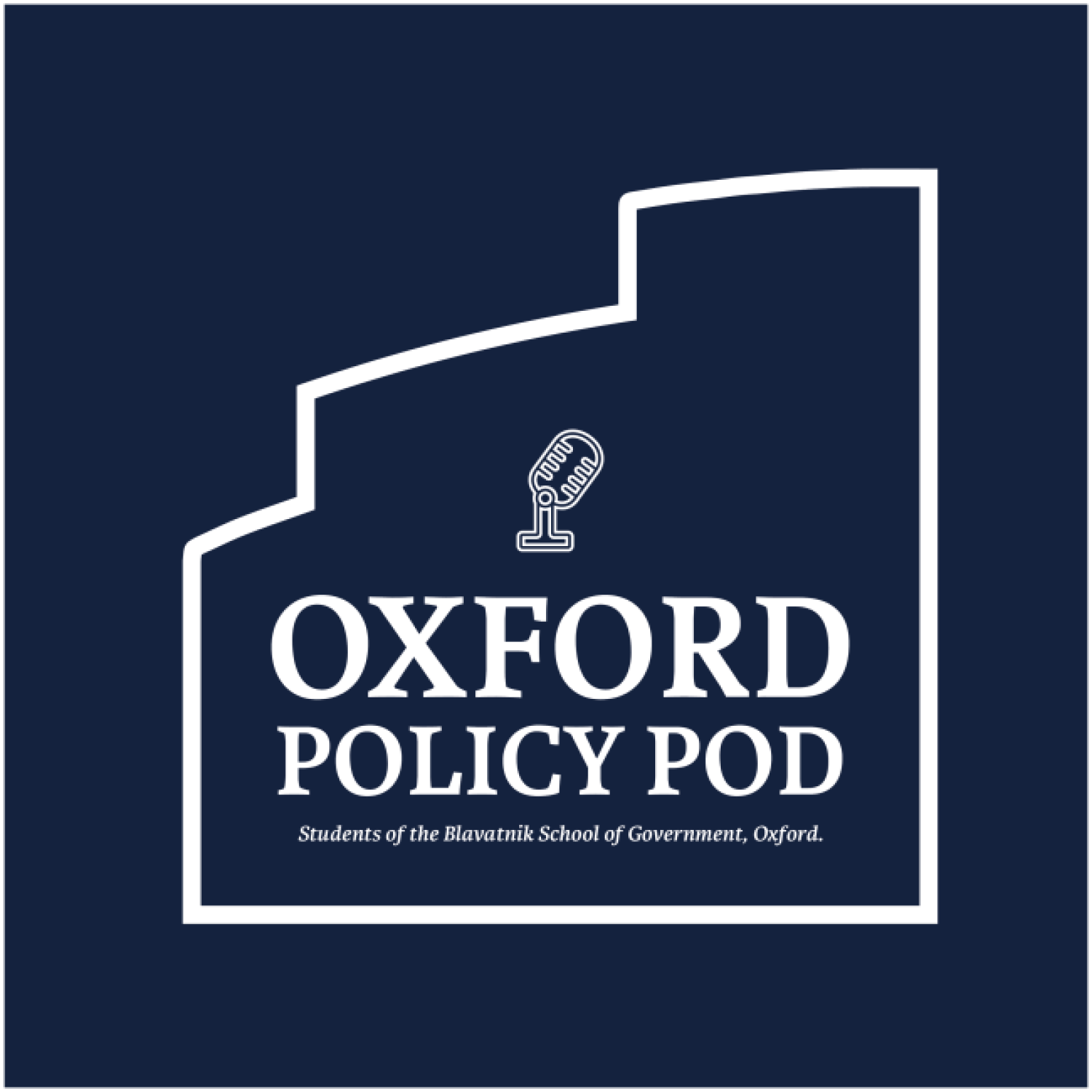Who decides? Free speech in the age of social media
After rioters stormed the U.S. Capitol on January 6th, 2021, several social media companies took an unprecedented action — banning then-president Donald Trump from their platforms. This decision has spurred much conversation on whether and when limitations to online speech are justified. Increasingly, social media giants have come under fire for not doing enough to address issues including mis- and disinformation, hate speech and incitement to violence on their platforms. But who should draw the red lines around online speech? What content should they exactly moderate? And what is the balance between protecting free speech and upholding the public interest?
To engage with these questions, our host Sruthi Palaniappan speaks with Timothy Garton Ash, a Professor of European Studies at the University of Oxford, a columnist for The Guardian, and the author of Free Speech: Ten Principles for a Connected World. To further explore this discussion, OPP correspondent Laura Caccia is joined by Nani Jansen Reventlow, the founding Director of the Digital Freedom Fund, an international human rights lawyer who specialises in strategic litigation and freedom of speech, and an Adjunct Professor at the University of Oxford.
The executive producer for this season of OPP is Lian Ryan-Hume. And this episode was produced by Manuel Azuero, researched by Laura Caccia, and edited by Allisha Azlan. To keep up with the latest on our episodes, follow us on Instagram @OxfordPolicyPod_ and Twitter @OxfordPolicyPod.

